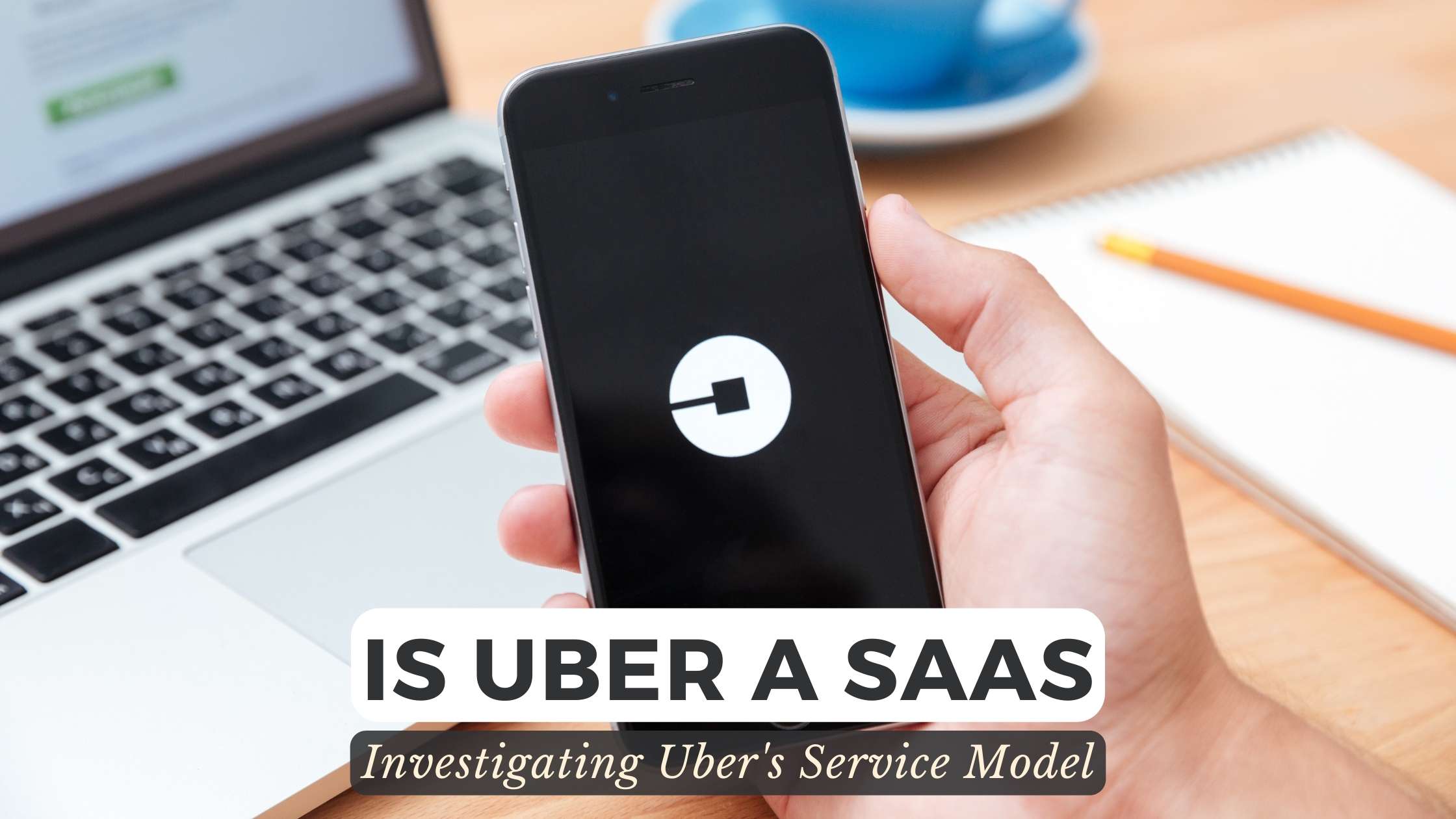Is Uber a SaaS: Investigating Uber’s Service Model
- Expense Management Software Credit Cards Investing Business Solutions


Is Uber a SaaS: Investigating Uber’s Service Model
Uber, the globally recognized ride-hailing service, has revolutionized the transportation industry. However, the question arises: Is Uber a Software as a Service (SaaS) company? In this exploration, we delve into Uber’s service model, dissecting its operations to determine whether it aligns with the characteristics of a SaaS platform.
Unveiling Uber’s Service Model
To decipher Uber’s nature, let’s dissect its operations:
1. Technology-Driven Platform
Uber operates through a technologically advanced platform that connects riders with drivers seamlessly. The platform relies on a sophisticated algorithm to match user requests with available drivers.
2. App-Based Accessibility
Central to Uber’s service is its mobile application, allowing users to request rides, track drivers, and make cashless transactions. The app’s user-friendly interface enhances the overall customer experience.
3. Cloud-Based Infrastructure
Uber utilizes cloud computing to manage its vast network efficiently. Cloud infrastructure enables scalability, allowing Uber to adapt to fluctuating demand while maintaining a seamless service.
4. Data-Driven Decision Making
Uber extensively employs data analytics to optimize its operations. From determining pricing strategies to predicting demand in specific areas, data-driven insights play a pivotal role in Uber’s decision-making processes.
SaaS Characteristics in Uber’s Operations
Now, let’s correlate Uber’s operations with key SaaS characteristics:
1. Subscription-Based Access
Unlike traditional taxi services, Uber operates on a pay-per-ride model. While not a traditional subscription, users essentially “subscribe” to the platform by creating an account for recurring use.
2. Centralized Software Management
Uber’s entire service is managed through its centralized software platform. The app serves as a singular point of access for both riders and drivers, embodying the centralization aspect of SaaS.
3. Regular Updates and Maintenance
The Uber app undergoes regular updates, introducing new features and improvements. This aligns with the continuous improvement aspect of SaaS, ensuring users have access to the latest functionalities.
4. Scalability and Accessibility
Uber’s cloud-based infrastructure allows it to scale its operations rapidly in response to demand. This scalability aligns with the flexibility and accessibility features inherent in SaaS platforms.
Relevant SaaS Products for Transportation and Logistics
Understanding Uber’s service model opens the door to exploring SaaS products relevant to the transportation and logistics industry:
1. Route4Me
Route4Me offers route optimization solutions, aiding businesses in enhancing the efficiency of their transportation logistics.
2. KeepTruckin
KeepTruckin provides fleet management solutions, streamlining operations for businesses managing a fleet of vehicles.
3. Samsara
Samsara offers an integrated platform for fleet management, providing real-time visibility into vehicle performance and logistics.
4. Wise Systems
Wise Systems focuses on dynamic routing and dispatch software, optimizing delivery operations for businesses.
Conclusion: Uber and the SaaS Paradigm
While Uber may not fit the traditional mold of a SaaS company, its operations undeniably incorporate key SaaS characteristics. The centralized software management, subscription-based access, and data-driven decision-making echo the principles of SaaS. Leveraging SaaS products like Route4Me, KeepTruckin, Samsara, and Wise Systems can further enhance the efficiency of businesses in the transportation and logistics domain.
In the context of managing a SaaS stack, Subscribed.FYI emerges as an invaluable resource. It empowers businesses, freelancers, and teams by simplifying SaaS decision-making, offering insights, and providing access to exclusive deals.
Relevant Links:








